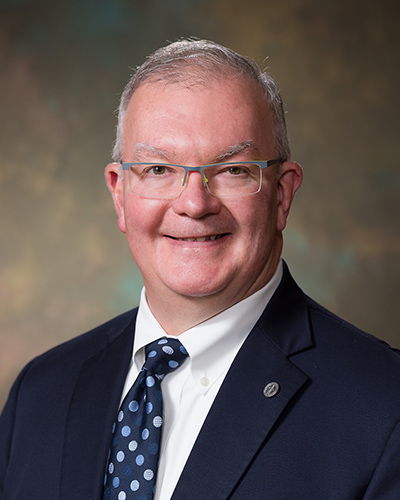
There is absolutely no truth to a fear – held by a very small but vocal minority of people – that a common childhood vaccine can cause autism.
This issue has been studied at length and consistently debunked. And yet parents continue to voice concerns about the combined measles, mumps and rubella (MMR) vaccine.
The concern about MMR reached a peak in 1998, when the prestigious medical journal
The Lancet published an article by a since-discredited researcher claiming a link between vaccination and autism.
The Lancet, facing a torrent of criticism from the medical community, took the highly unusual step of printing a complete retraction of its earlier story. But the damage was done.
People believe what they want to believe. There are people who persist in believing the earth is flat. What you believe about something like that doesn't affect anybody else. But how you feel about vaccination, and how you choose to act on those beliefs, does have consequences for those around you.
The problem is that people fear only what they can see. When vaccines first became available, people welcomed them because they had seen friends and family die from diphtheria, whooping cough or polio. The irony of any program of prevention is that the more effective it is, the less evidence it leaves that it was ever necessary.
When people ask me about vaccination, I offer them this ANSWER acronym that says vaccines are:
Available and affordable,
necessary,
safe,
win-win (if you can't get a contagious disease, you can't spread it),
effective, and the
right and responsible thing to do.
How should society respond to those individuals who choose to put at risk not only themselves but society in general—infants, cancer patients, grandparents— by refusing vaccination? Reconciling personal belief with evidence-based medicine can be difficult when actions taken on the basis of personal belief threaten the lives and well-being of others.
We are fortunate to have vaccines that are safe and effective. I urge all parents to do the right thing, and have their children fully vaccinated. If you have any concerns, please discuss them with your child's doctor.
